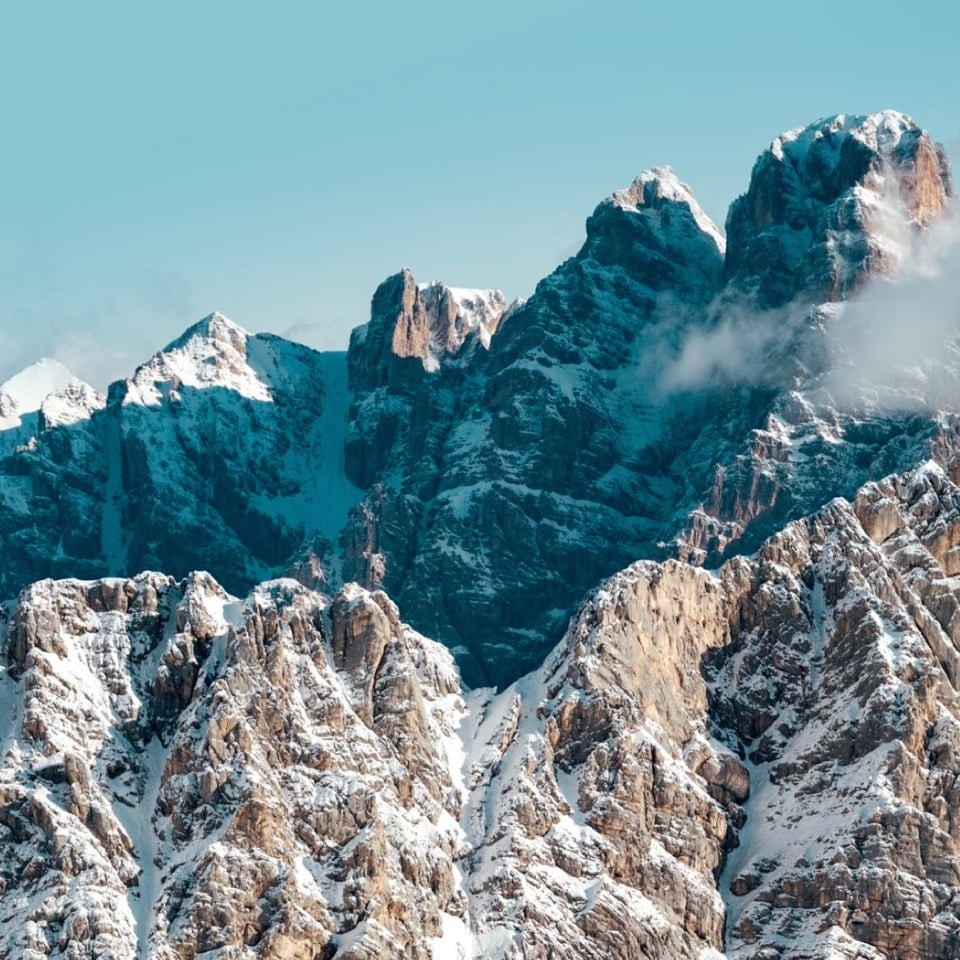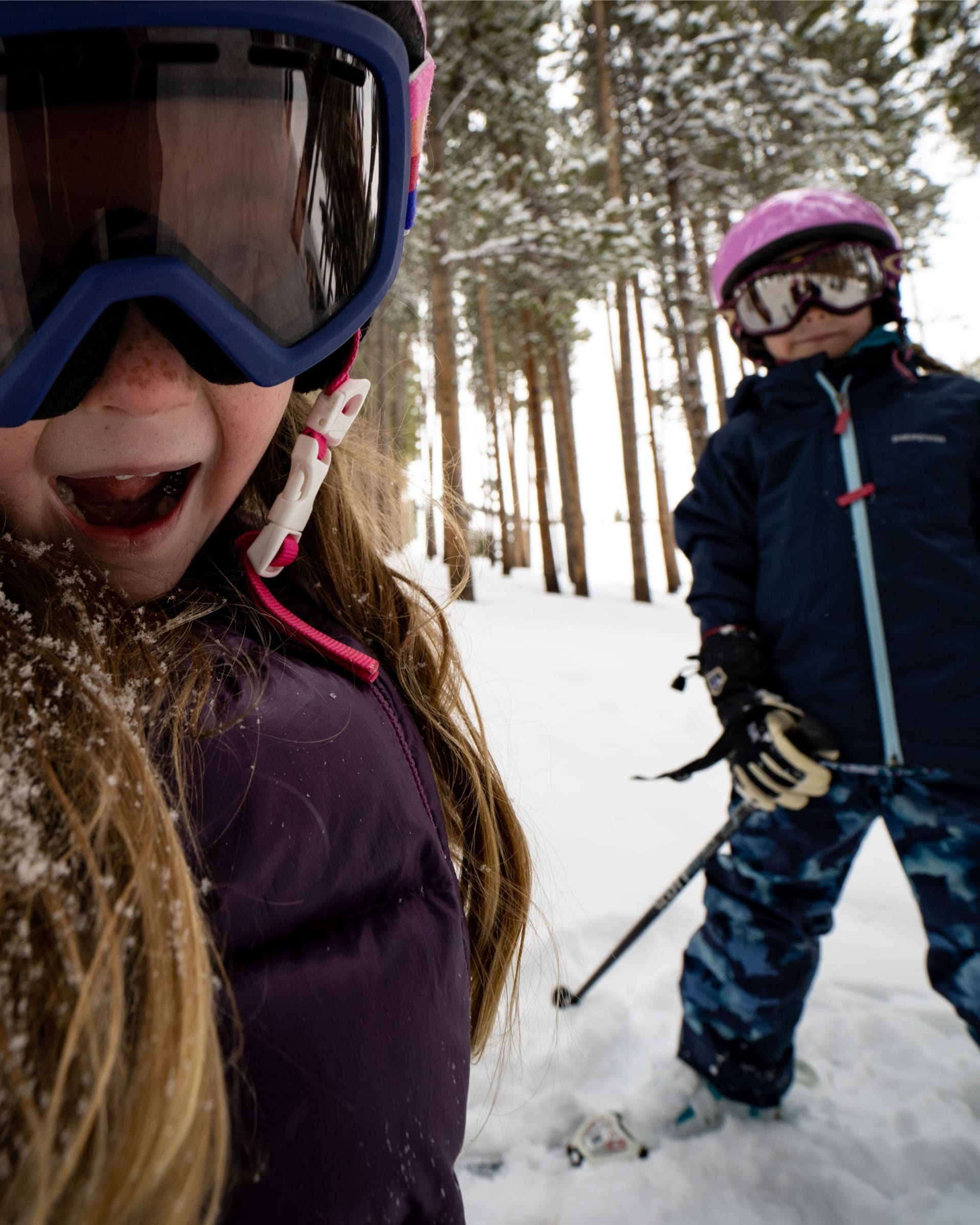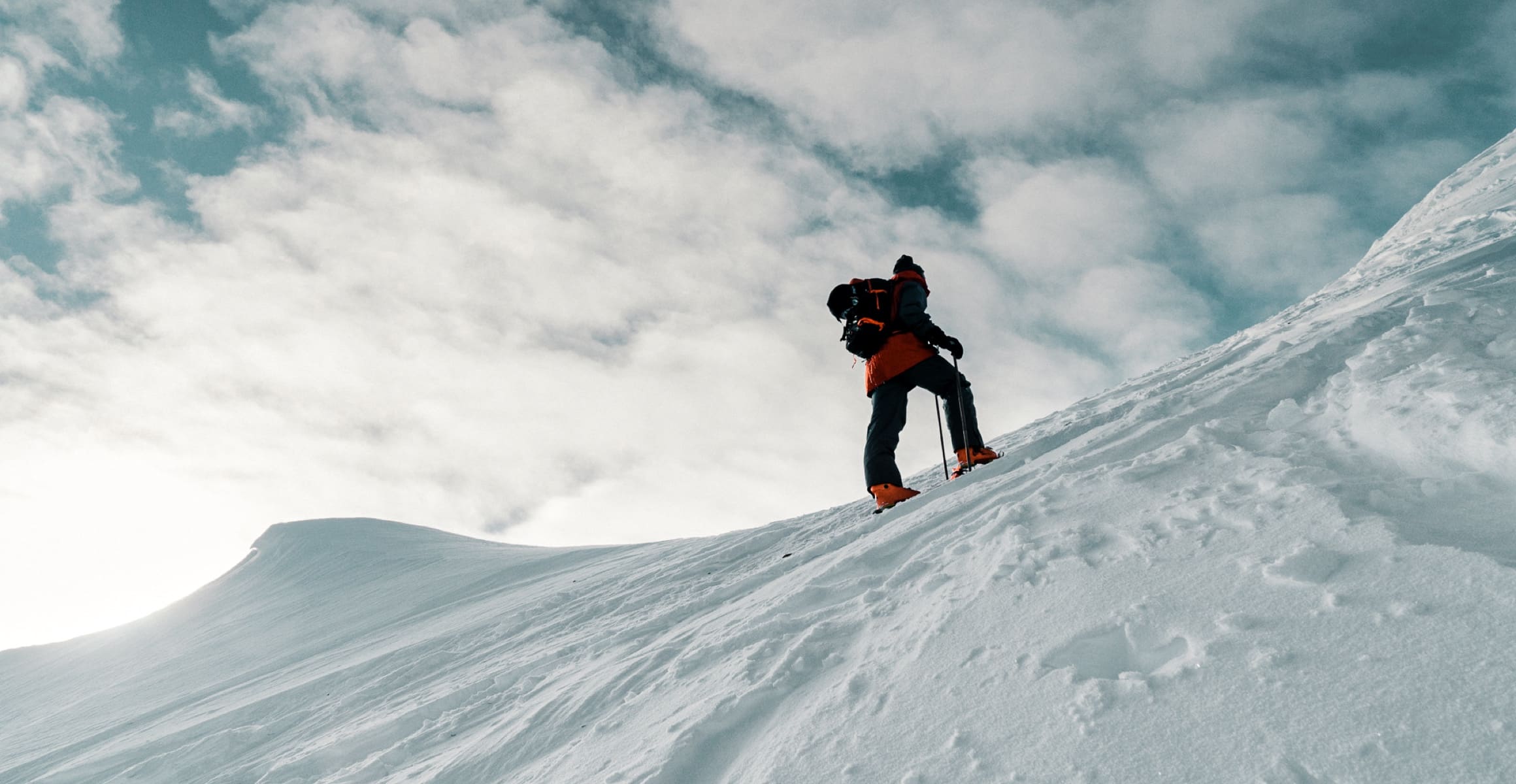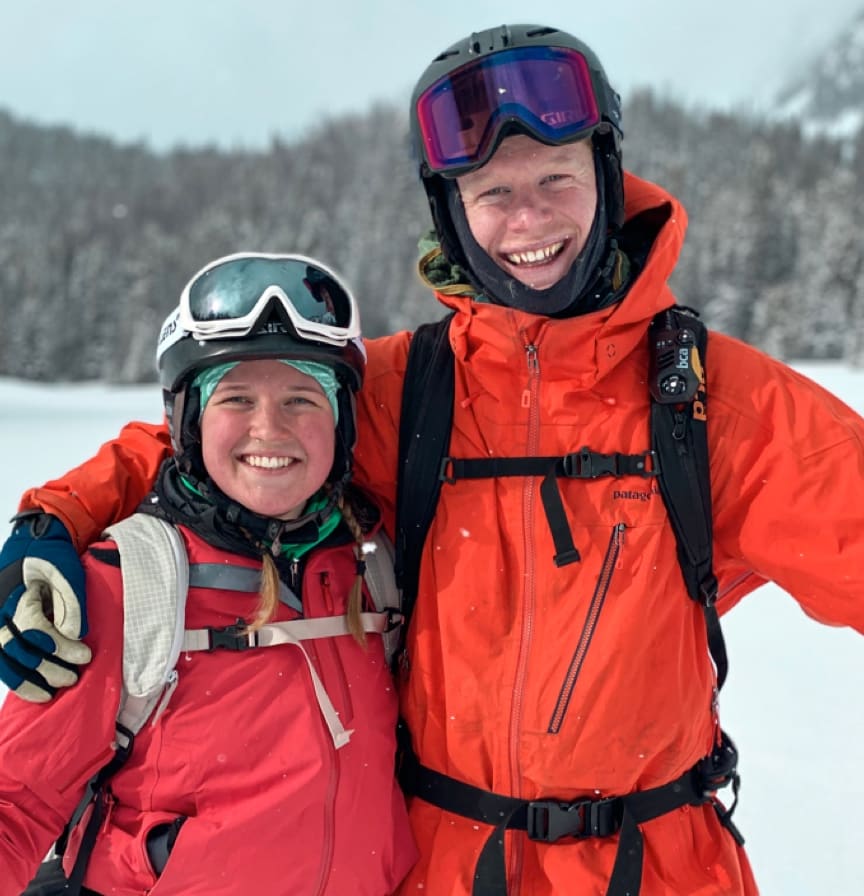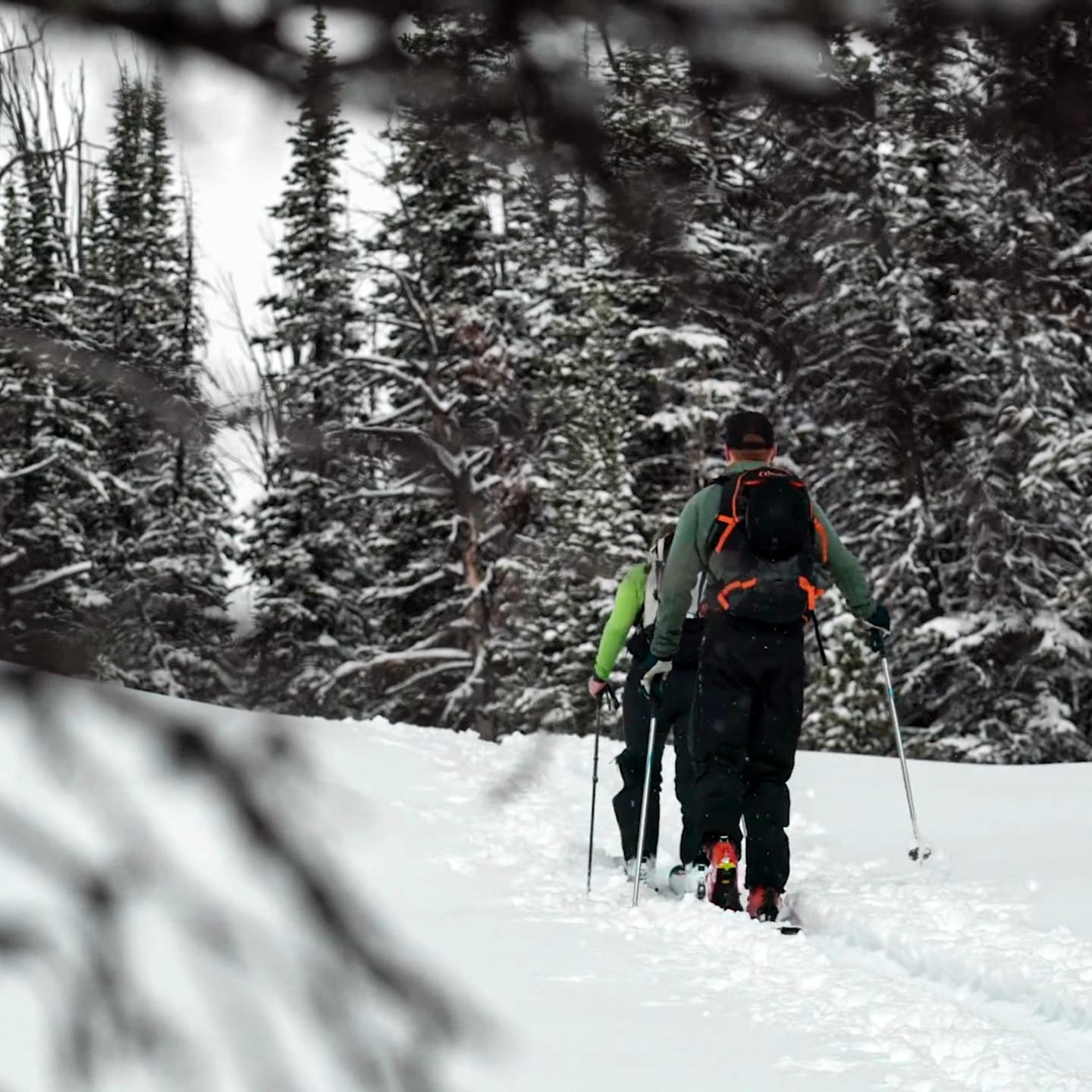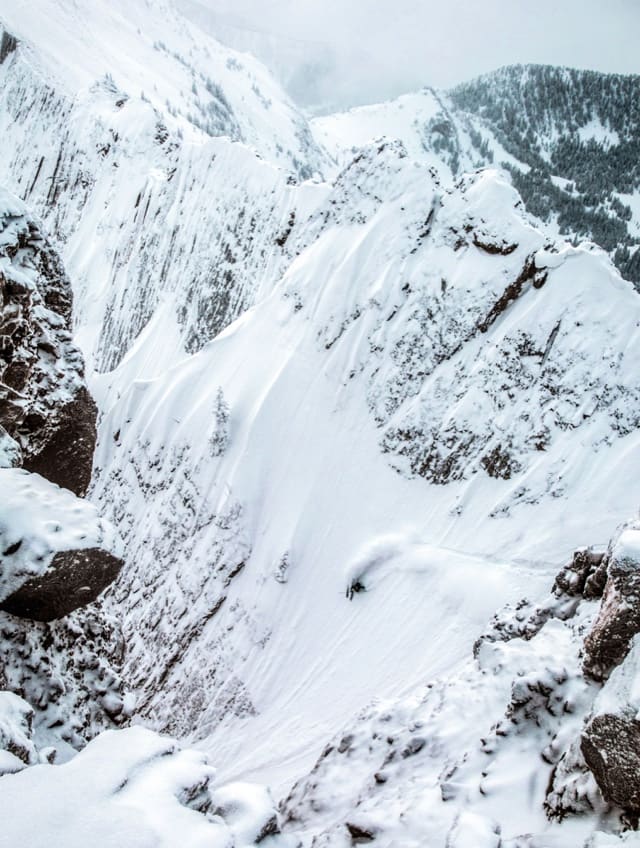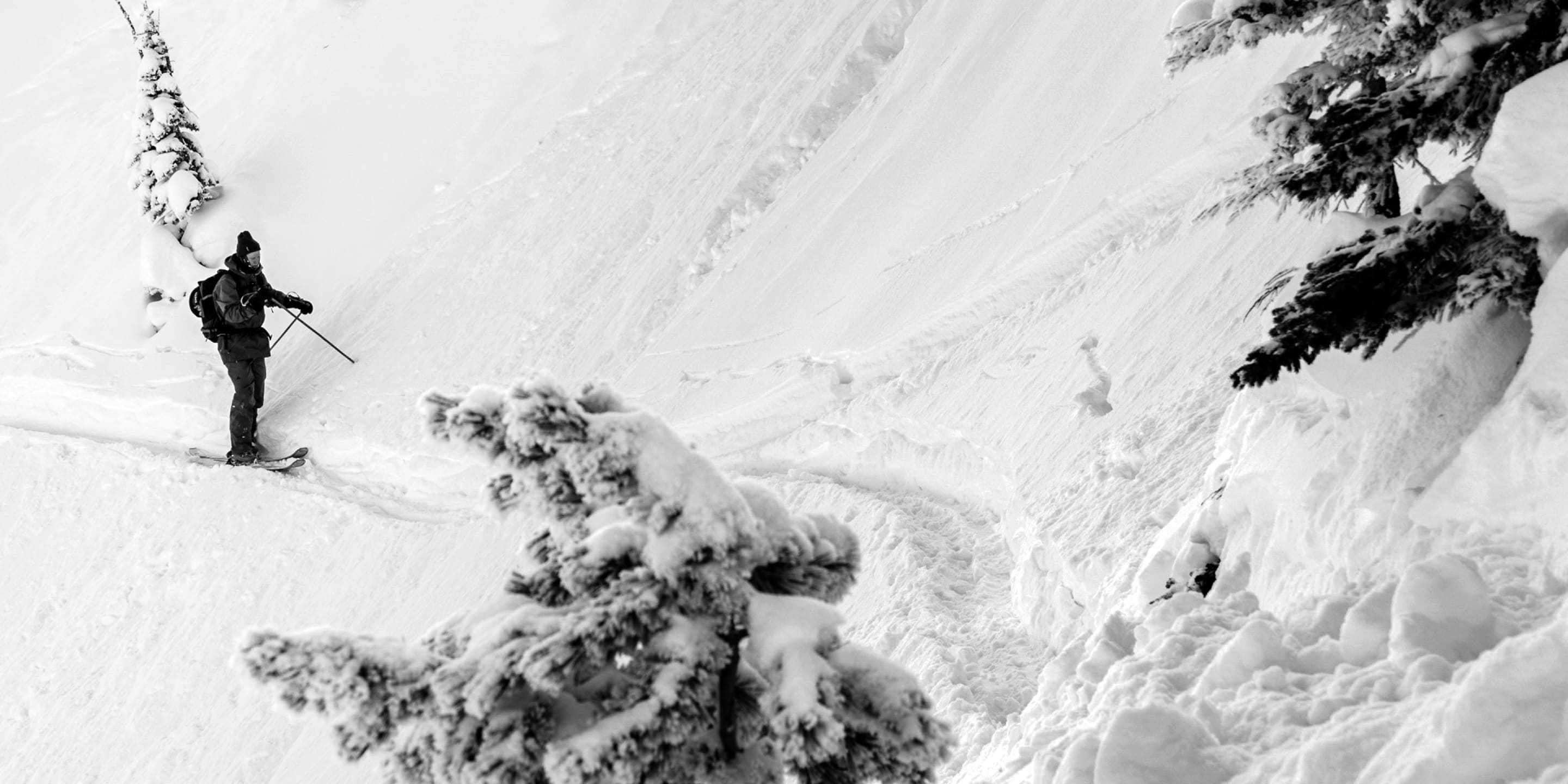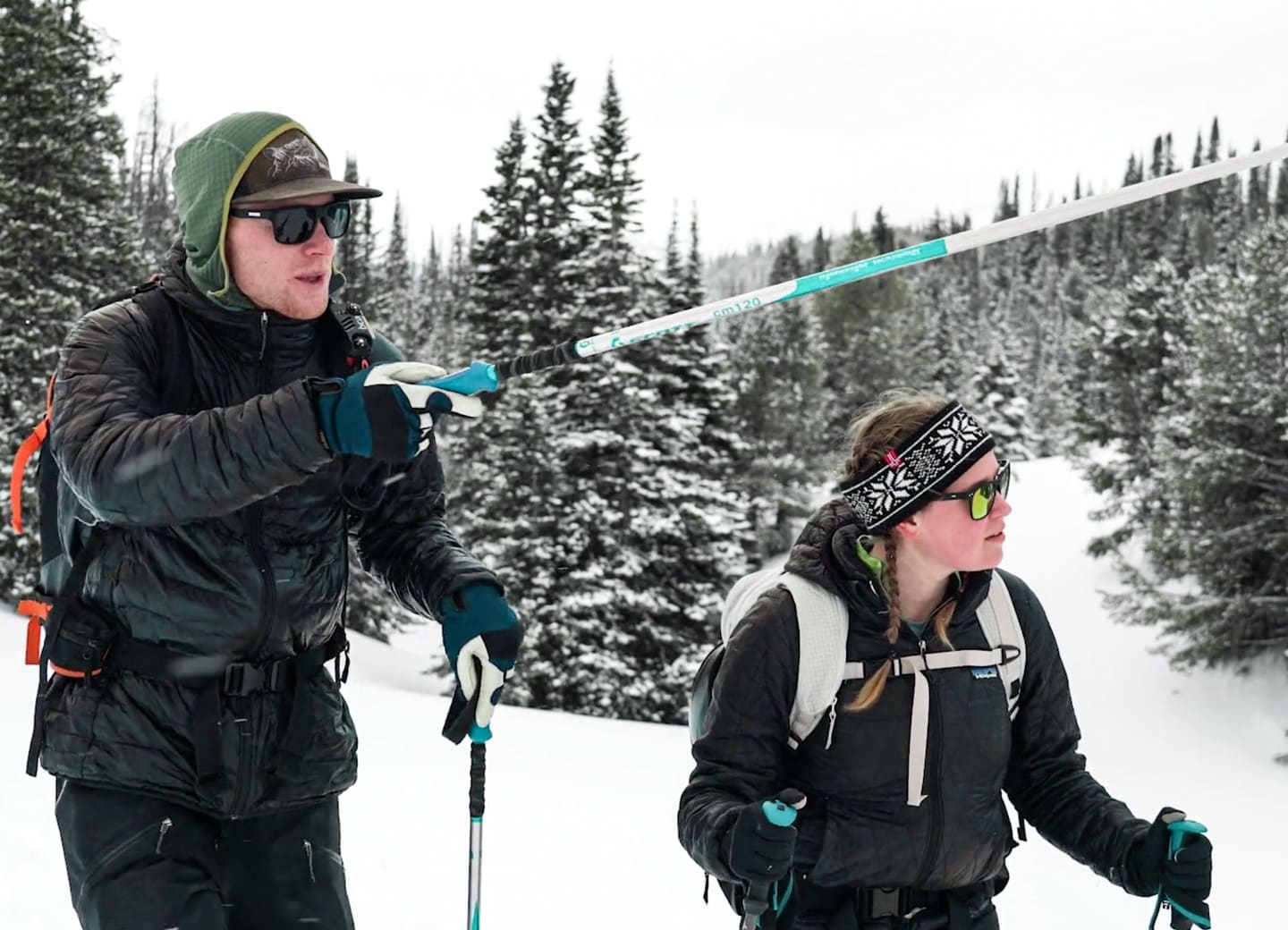My parents were mentors to me
and my sister.
They taught us how to ski, bought us gear, explained how to use it, and led us into the backcountry while talking about the dangers of avalanches.
It wasn’t until I got older did I realize that not everyone is as fortunate as myself. Backcountry skiing is an intrinsically privileged sport and presents many barriers for people who are approaching it for their first time.
In my home town of Bozeman, Montana, I saw more and more people curious about backcountry skiing, but intimidated to enter that space. So, last fall I set up a contest that would give back to the community that raised me by breaking down the most prominent barriers to backcountry skiing: Gear, Knowledge, and Experience.
gears
The cost of a backcountry setup is very expensive and an obvious barrier to entry.
Knowledge
Backcountry skiing can be dangerous and at times even lethal, but it can also be a safe and rewarding way to recreate in the winter. Not understanding snowpacks, common mistakes, and safe backcountry travel can paint an unapproachable picture of backcountry skiing.
EXPERIENCE
Even if you have the gear and some knowledge, it can be daunting to approach a new slope for the first time. Going out with people that are frequent backcountry travels helps build confidence and comfort.
Through the support of the Gallatin National Forest Avalanche Center, Tecnica/Blizzard, Black Diamond, and Uphill Pursuits, we awarded an individual a backcountry skiing kit, a spot on an avalanche awareness course, and a day in the backcountry to test their new gear and knowledge.
There were over 120 people who entered this contest and each one explained a barrier that was preventing them from getting into this sport.
Unfortunately, we could only choose one and in the end we selected, Molly Taylor, a 19 year old local who had never backcountry skied in her life. Throughout the process of getting Molly setup with her gear, going along with her to the avalanche class, and then joining her on a backcountry tour, she was able to be transparent about the barriers our backcountry skiing community has created.
She explained how difficult it is the ask to “dumb” questions and how intimidating it is to approach a sport from ground zero—especially when surrounded by people who have been doing it their whole lives. Molly helped opened my eyes to the amount of people who share similar feelings and reinforced the idea of creating a culture around skiing that is informative and inclusive, instead of elitist.
It was easy to forget what it was like to learn about backcountry skiing, because it happened so long ago.
But, this project and others, can act as a reminder as to why it is important to remember those early steps and create resources for people to get into this sport safely and responsibly.


